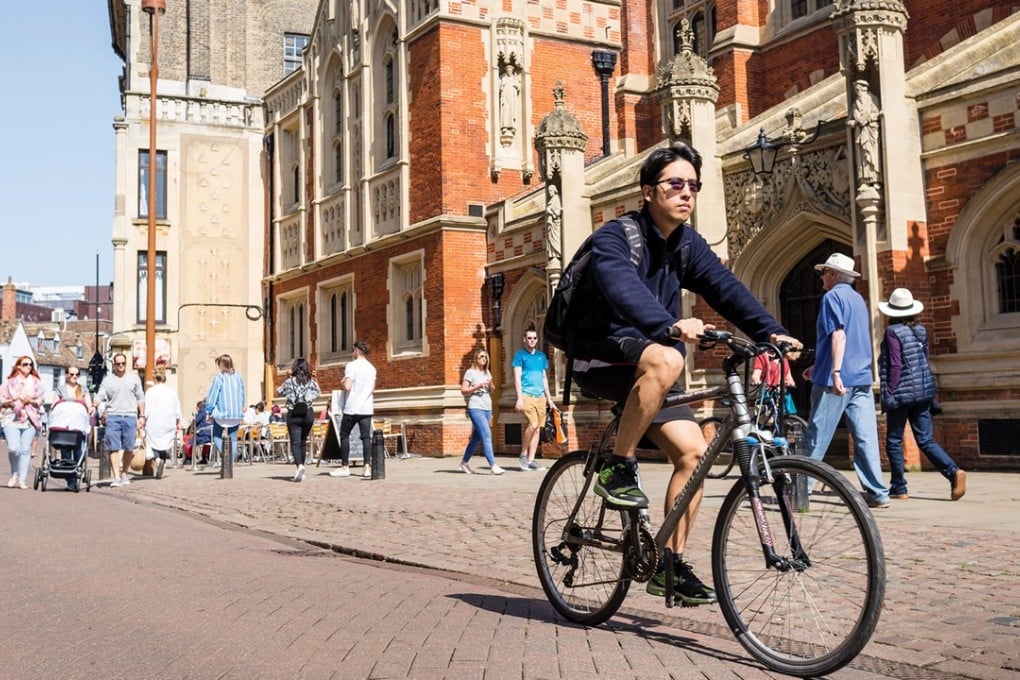EdTalk | Overseas admission success: what schools and curricula work best?
International school students do not necessarily have an edge over their local school counterparts in applying to overseas universities

Many IB Diploma graduates would probably agree with the maxim that “what doesn’t kill you makes you stronger”. The IB is renowned – or notorious, in the eyes of some students – for its rigour and the demanding Extended Essay is often cited as a reason why IB students hit the ground running at university.
With the growth of international schools in Hong Kong in recent years, we have also seen a greater degree of choice in terms of the “senior curriculum” offered in the final two-to-three years of secondary school. What are the choices; how different are they; are some intrinsically better than others, and how are they viewed by universities abroad?
The IB Diploma, or International Baccalaureate, to give it its full name, is the most “international” of curricula, and the fastest growing in Hong Kong in recent years.
Some international schools with strong or direct links with a particular country such as Canada, Australia, France or Germany may offer the curriculum of the “mother” country – often alongside the IB – with the expectation that many of their students will return there for their higher education. Although the same could be said of GCE A-levels and the US-style High School Diploma with APs and honours courses, these are more often viewed as serving a broader range of higher education options, and are offered more widely.
These curricula differ in terms of the subjects offered, the breadth of study demanded and in terms of methods of assessment. Many national systems and the IB Diploma expect students to continue to study a broad range of subject areas in their senior years, including maths, science and languages. The GCE A-level system, however, allows greater specialisation in three or four subjects that may exclude one or all of these subject areas: this reflects the greater specialisation at undergraduate level for a three-year rather than a four-year degree. Many will debate whether one curriculum is better than another but, at the end of the day, it is a matter of what each student makes of it, rather like the university experience.

